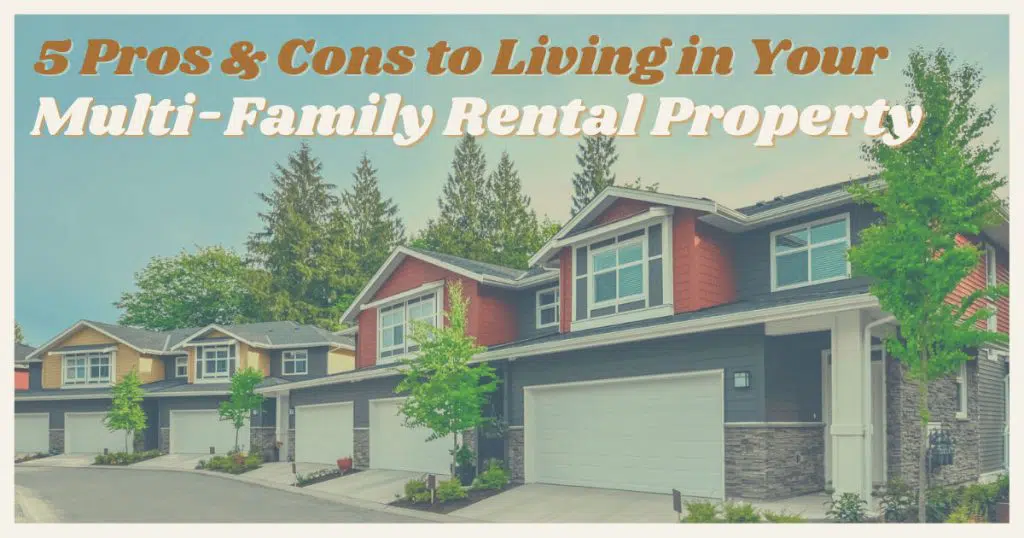
5 Tips for Writing a Better Purchase Offer
 A well-structured home purchase offer by a buyer can mean the difference between getting that new home or having the offer refused by the seller. However, the rules for each purchase offer will differ from home to home and seller to seller, which is why it can be difficult get right. Fortunately, there are some major points to keep in mind when creating a strong offer for a home.
A well-structured home purchase offer by a buyer can mean the difference between getting that new home or having the offer refused by the seller. However, the rules for each purchase offer will differ from home to home and seller to seller, which is why it can be difficult get right. Fortunately, there are some major points to keep in mind when creating a strong offer for a home.
For informational purposes only. Always consult with a licensed mortgage professional before proceeding with any real estate transaction.
Strong Offer
Sellers are looking for serious offers that they and their agents can work with. Depending on market conditions, buyers don’t necessarily have to meet the original asking price (unless they’re in a seller’s market), but they should make a reasonable effort to offer what they believe the home to be worth. Low- balling (offering to buy at an extremely low price) is certainly one tactic in negotiation (and one that may pay off in a buyer’s market), but it can also cause a seller to dismiss the buyer or feel insulted by the low price.
Highlight the Funding
Sellers not only care about the number a person offers, they also care about where a buyer is getting their money. The most attractive way for a buyer to pay is always going to be cash-in-hand because a seller won’t have to worry about whether or not the loan will fall through at the last minute. In addition, sellers are looking for loans that can be processed quickly. For example, a government-backed loan, such as an FHA or VA, will typically have a longer escrow than a conventional loan due to the additional approval measures.
Increase the Deposit and Down Payment
The size of a deposit (or earnest money) and down payment show a seller just how interested a buyer is in the home. This might make the seller more likely to accept the offer. For example, a low down payment of 3-5% might be an indication that the buyer may not have the savings to secure the loan. Or that they may not have the resources to increase their offer, should there be a bidding situation. Most real estate agents (and many sellers) realize that just because a buyer is pre-approved, doesn’t mean there is a 100% guarantee that they will be able to eventually fund and close on the home.
Know Your Closing Costs
Depending on the type of market, buyers can request sellers pay for part or all of the closing costs in their purchase offer. However, there are limits on how much buyers are allowed to accept from sellers. This varies by lender and location, so buyers should find out more about the specifics. A buyer should understand that when they ask for closing costs, they are reducing the amount of proceeds to the seller. The other option is for the seller to simply lower the overall price of the home to compensate for the closing costs.
Consider the Contingencies
Contingencies are requests from buyers that need to be met before going forward with the home purchase. The most common contingency is an inspection of the home, where buyers engage the services of an inspector to inspect the home. A buyer who’s willing to work with the seller when it comes to contingencies may be able to increase their likelihood of being chosen. For example, finding a way to move in quickly if the seller needs to vacate the home immediately.
There are a number of different ways to structure a home purchase offer, with each factor depending on the type of market, seller in question, and the circumstances of the buyer. Talking a to an experienced Ham Lake real estate agent can make it easier to fill in the specifics of each detail so that buyers can get to the heart of what sellers truly care about.
For informational purposes only. Always consult with a licensed mortgage professional before proceeding with any real estate transaction.



